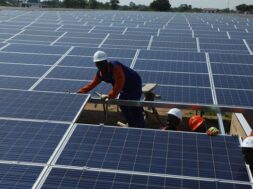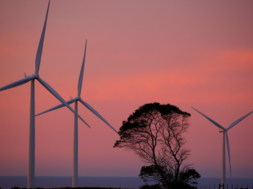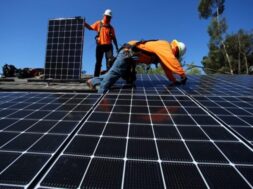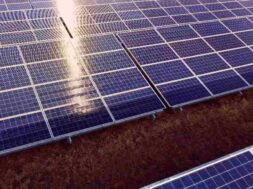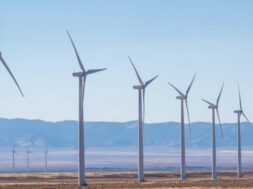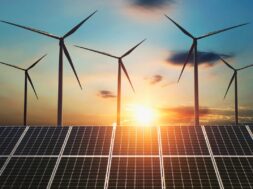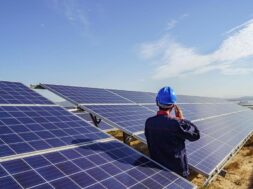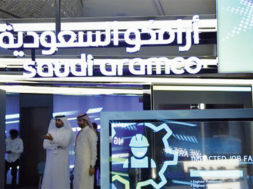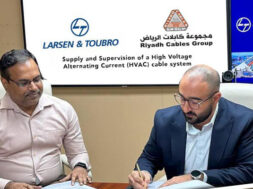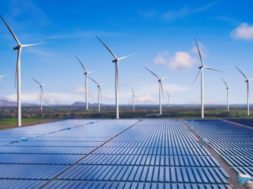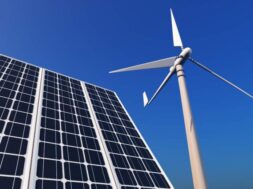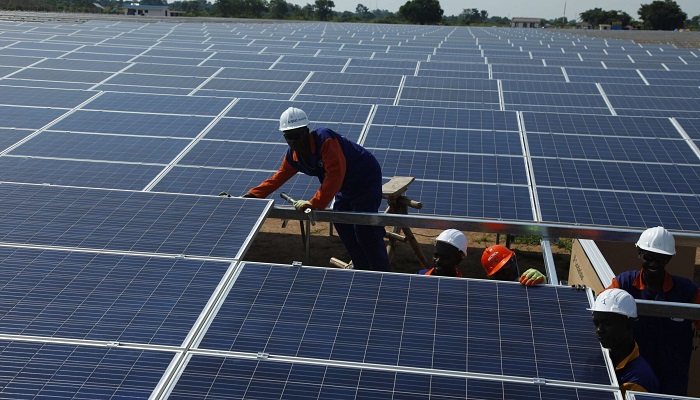
Sun Cable’s Solar Project Is In Voluntary Administration. Why Has It Happened, And What Does It Mean? – EQ Mag
It’s an ambitious project that was destined to be difficult.
The mission: To turn the blistering heat of the Northern Territory into a solar energy powerhouse supplying electricity to Singapore and Darwin.
The method: By building a giant 20-gigawatt solar farm — supported by the world’s biggest battery network — that connects to Darwin, before continuing to Singapore via a 4,200-kilometre-long cable running along the sea floor.
The cost: More than $30 billion.
When Sun Cable launched its enormous Australia-Asia PowerLink project in 2018, the company offered a new vision for Australia as a major exporter of renewable energy instead of fossil fuels.
For years, climate scientists have warned the Australian government will not reach its goal of net zero by 2050 if it keeps opening new coal, oil and gas projects.
Export figures show Australia continues to remain among the world’s largest exporters of fossil fuels, alongside Russia and Saudi Arabia.
Sun Cable’s enormous solar project — backed by billionaires Andrew “Twiggy” Forrest and Mike Cannon-Brookes — promises to supply up to 15 per cent of Singapore’s energy needs from 2028, and almost double Darwin’s current demand.
Its total carbon emissions abatement was estimated at 8.6 million tonnes of CO2 equivalent per year.
But last week, the company went into voluntary administration.
Forrest and Cannon-Brookes had apparent disagreements about investment strategies and the project’s direction.
These included the significant amounts of cash that Sun Cable was spending, and its failure to achieve certain milestones — as required by its venture capital funding agreement.
The chairman of Forrest’s Squadron Energy, John Hartman, says it no longer deemed the project commercially viable.
Some analysts have previously estimated the project’s undersea cable to Singapore would have cost at least $15 billion alone.
Sun Cable is yet to lock in contracts with Singapore.
However, the company says it has received letters of intent from potential customers.
So is it going ahead or not?
Cannon-Brookes, who remains the chair of Sun Cable, says it is.
A spokesperson from his private investment company, Grok Ventures, says the project remains on track.
